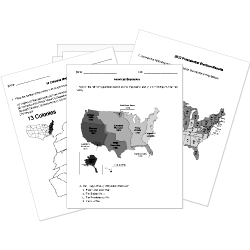Supreme Court Cases Questions - All Grades
You can create printable tests and worksheets from these Supreme Court Cases questions! Select one or more questions using the checkboxes above each question. Then click the add selected questions to a test button before moving to another page.






